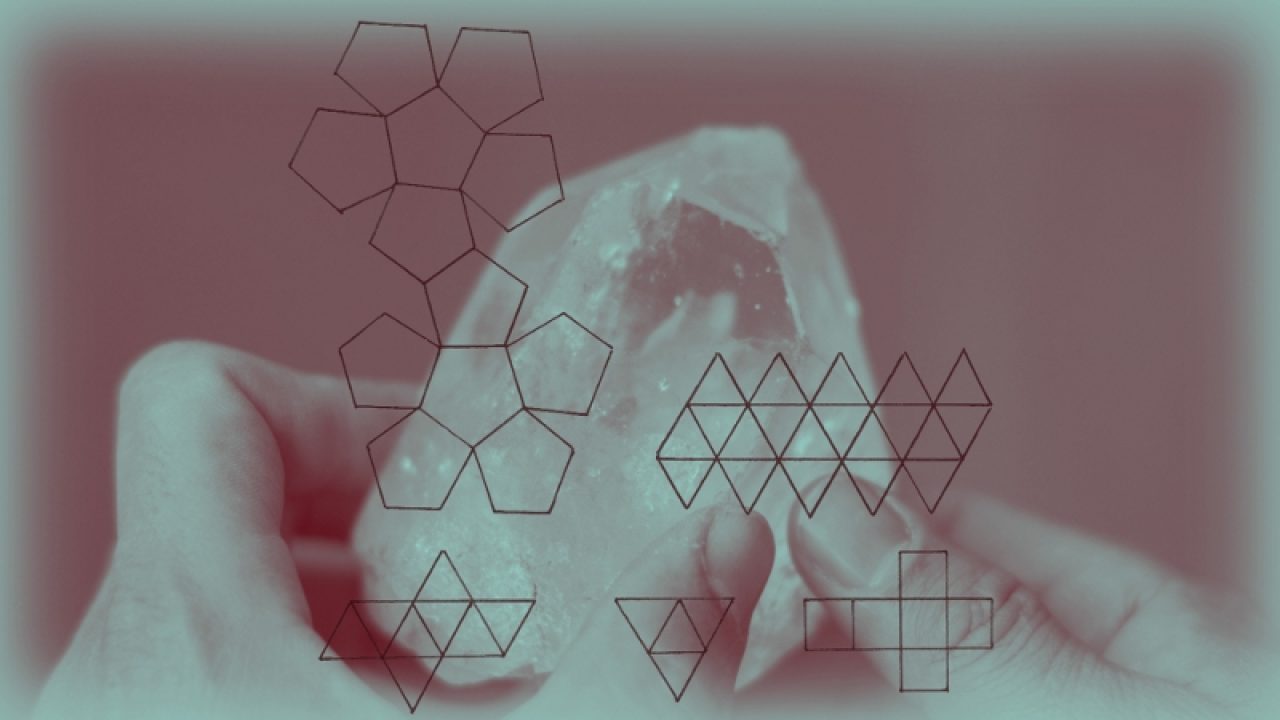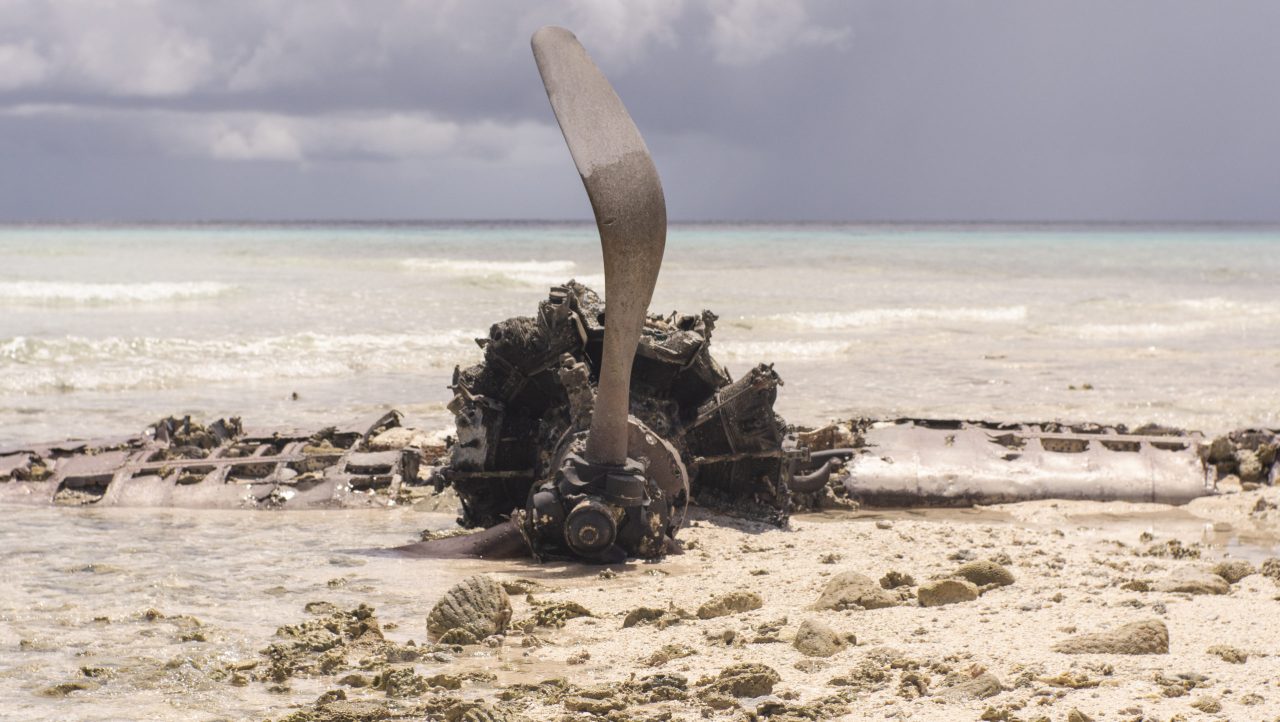15 Aug 2022
Reading Room: Elemental Cinema
-
Denise Ferreira da Silva
Denise Ferreira da Silva is an artist and Professor at UBC’s Social Justice Institute-GRSJ and Adjunct Professor at Monash University’s School of Art, Design and Architecture. She is the author of Toward a Global Idea of Race (University of Minnesota Press, 2007), A Dívida Impagavel (Oficina da Imaginaçāo Política and Living Commons, 2019), Unpayable Debt (Sternberg/MIT Press, 2022) and co-editor (with Paula Chakravartty) of Race, Empire, and the Crisis of the Subprime (Johns Hopkins University Press, 2013). Her artistic works include the films with Arjuna Neuman and the relational art practices Poethical Readings and Sensing Salon in collaboration with Valentina Desideri. She has exhibited and lectured at the Pompidou Center (Paris), Whitechapel Gallery (London), MASP (Sao Paulo), Guggenheim (New York) and MoMA (New York). She has written for publications from Liverpool Biennale, 2017; Sao Paulo Biennale, 2016, Venice Biennale, 2017, and Documenta 14 and published in journals such as Canadian Art, Frieze, Pass, Texte Zur Kunst and e-flux. She has held visiting professorships at major universities in Australia, Brazil, Britain, Denmark, Germany and the United States and is a member of the collective EhChO.org and an editor of Third Text.
Read More
-
Arjuna Neuman
Arjuna Neuman is an an artist, filmmaker and writer, with recent presentations at CCA Glasgow; Centre Pompidou (Paris); Manifesta 10 (Marseille); Showroom Gallery (London); TPW Gallery (Toronto); Forum Expanded, Berlin Biennale; Jameel Art Centre (Dubai); Serpentine Gallery (London); Gasworks (London); Or Gallery (Vancouver); Whitechapel Gallery (London) and Istanbul Modern, amongst others. As a writer, he has published essays in Relief Press, Into the Pines Press, The Journal for New Writing, VIA Magazine, Concord, Art Voices, Flaunt, LEAP, Hearings and e-flux. Recently, he has been dropping mixtapes about the “ecological unconscious” on NTS, Dublab and Ja Ja Ja Nee Nee Nee.
Read More
Elemental Cinema brings together collaborative film works by Denise Ferreira da Silva and Arjuna Neuman. The artists are developing a series of films that are guided by the four elements – water, earth, fire, air – to reimagine knowledge and existence “otherwise.” As experiments in the way of thinking of the world, the works consider the potential of a world without time, measurement or notions of value, where humans are just one part of our global understanding of existence. Through their films, Ferreira da Silva and Neuman question how structures of power in western knowledge perpetuate categorizations of difference that create rifts between humans, the more-than-human, the earth and the cosmos.
These sources include texts by Denise Ferreira da Silva, artist interviews, reviews and supplemental material about works in the exhibition, as well as writings on the elements and archives.
Writing by Denise Ferreira da Silva
Denise Ferreira da Silva, “On Heat,” Canadian Art, October 29, 2018.
Ferreira da Silva considers how heat not only displaces notions of human-centred time and progression, but reorients towards material transformation as a way of thinking through the world. In particular, she outlines how heat is both a measurement of kinetic energy brought about from extraction, and a guide for how the colonial, racial and capital are deeply implicated with each other.
Denise Ferreira da Silva, “On Difference Without Separability,” in 32nd Bienal de Sao Paulo: Incertza Viva, eds. Jochen Volz and Júlia Rebouças (Sao Paulo: Fundação Bienal de São Paulo, 2016), 57-65.
Rather than viewing the world as ordered and made of many distinct parts, Ferreira da Silva instead proposes thinking of the world as Plenum, or an infinite composition of entities that are each expressions of all other entities. This entanglement opens avenues for reconsidering sociality and difference without assuming separability, determinacy and sequentiality.
Denise Ferreira da Silva, “Toward a Black Feminist Poethics: The Quest(ion) of Blackness Toward the End of the World,” The Black Scholar 44, no. 2 (Summer 2014): 81-97.
Exposing the ways Western modes of reflection, recognition and subjecthood are entwined with the expropriation of slave labour and native lands, Ferreira da Silva expands on the redress entailed through decolonization and a necessary unthinking of the world as part of this process. Instead, working through considerations of the world as Plenum, she proposes a Black Feminist Poethics that transverses time and space, virtuality and reality, all against conceptions of the subject in Western thought.
Denise Ferreira da Silva, “Fractal Thinking,” Accessions no. 2 (2016).
Touching on interpretations of colonial and racial violence by thinkers including Marx, Badiou and Žižek, Ferreira da Silva proposes a kind of thinking – poethical or compositional thinking – that reframes the relationship between colonial and racial subjugation and global capital. She goes on highlight the ways poethical thought, through attention to symmetries and the fractal, can disrupt repetitive patterns of violence emerging from the foundation of global capital.
Writing on works in the exhibition
Denise Ferreira da Silva and Arjuna Neuman, “Serpent Rain,” introduced by Margarida Mendes, Vdrome (2016).
In this conversation, the artists discuss the way they came to collaborate on Serpent Rain, and some of the key questions that guide their collaborative process – in particular how to make a film without time. Touching on intersections between landscape, the sinking of a Norwegian slave ship, and peri-acoustics, they consider the ways experimentation and the act of questioning resonate throughout their three collaborative films.
Denise Ferreira da Silva and Arjuna Neuman, 4 Waters – Deep Implicancy, correspondence between the artists introduced by Steffanie Ling, Gallery TPW (2019).
This series of correspondences between Ferreira da Silva and Neuman details the working process behind the making of 4 Waters – Deep Implicancy, and highlights the ways some of the film footage developed through considerations of the elements, histories and ongoing realities of the ocean and island geographies involved.
Johnny Rodger, “Sugar and Soot and All Things Moot: Denise Ferreira da Silva and Arjuna Neuman @ CCA,” The Drouth, July 5, 2021.
In this review, Rodger discusses the resonance of Soot Breath // Corpus Infinitum with the ongoing urgency and crisis of climate change, and how the work proposes thinking on climate change differently through new materialisms, intimacies and Blackness.
Other sources
“Plattform: Serpent Rain: Talk and Film Screening,” Bergen Kunsthall, Norway, 2021.
In this film screening and discussion, Ferreira da Silva and Neuman discuss the making of Serpent Rain, which was initially a commission for the Bergen Assembly. Approaching the work as an experiment, the artists discuss intersections between the elements, slave labour and attempts to make a film without time.
Sasha Englemann and Derek McCormack. “Elemental Worlds: Specificities, exposures, alchemies,” Progress in Human Geography 45, no. 6 (2021): 1419-39.
Engelmann and McCormack outline ways the elements have garnered a renewed interest across disciplines, and how the elements – in their resistance towards reduction – traverse ways of knowing and being. Considering what is at stake in thinking with the elements, the authors explore the limits and possibilities of elemental thought.
Jacques Derrida, “Archive Fever” (1995) and Allan Sekula, “The Body and the Archive” (1986), in The Archive, ed. Charles Merewether, (London and Campbridge, MA: Whitechapel and MIT Press, 2006).
This edited anthology highlights interests in, and resonances between, the archive and contemporary visual art practice. The highlighted portions include a text by Derrida that examines the archival impulse in relation to Freud’s death drive, while Sekula’s writing considers the relationship between the archive, authority and photography.
The archives presented at the Belkin are related to 4 Waters – Deep Implicancy and Soot Breath // Corpus Infinitum and expand the films through texts, audio, video interviews and other media. These sources delve further into subjecthood, identity politics and representation in cultural practice to form additional facets of interface for myriad ways of thinking of and acting in the world. When presented at CCA Glasgow, the artists compiled a corresponding online archive for Soot Breath // Corpus Infinitum that can be accessed here.
Image (above): Denise Ferreira da Silva and Arjuna Neuman, Soot Breath // Corpus Infinitum (still), 2020.
-
Denise Ferreira da Silva
Denise Ferreira da Silva is an artist and Professor at UBC’s Social Justice Institute-GRSJ and Adjunct Professor at Monash University’s School of Art, Design and Architecture. She is the author of Toward a Global Idea of Race (University of Minnesota Press, 2007), A Dívida Impagavel (Oficina da Imaginaçāo Política and Living Commons, 2019), Unpayable Debt (Sternberg/MIT Press, 2022) and co-editor (with Paula Chakravartty) of Race, Empire, and the Crisis of the Subprime (Johns Hopkins University Press, 2013). Her artistic works include the films with Arjuna Neuman and the relational art practices Poethical Readings and Sensing Salon in collaboration with Valentina Desideri. She has exhibited and lectured at the Pompidou Center (Paris), Whitechapel Gallery (London), MASP (Sao Paulo), Guggenheim (New York) and MoMA (New York). She has written for publications from Liverpool Biennale, 2017; Sao Paulo Biennale, 2016, Venice Biennale, 2017, and Documenta 14 and published in journals such as Canadian Art, Frieze, Pass, Texte Zur Kunst and e-flux. She has held visiting professorships at major universities in Australia, Brazil, Britain, Denmark, Germany and the United States and is a member of the collective EhChO.org and an editor of Third Text.
Read More
-
Arjuna Neuman
Arjuna Neuman is an an artist, filmmaker and writer, with recent presentations at CCA Glasgow; Centre Pompidou (Paris); Manifesta 10 (Marseille); Showroom Gallery (London); TPW Gallery (Toronto); Forum Expanded, Berlin Biennale; Jameel Art Centre (Dubai); Serpentine Gallery (London); Gasworks (London); Or Gallery (Vancouver); Whitechapel Gallery (London) and Istanbul Modern, amongst others. As a writer, he has published essays in Relief Press, Into the Pines Press, The Journal for New Writing, VIA Magazine, Concord, Art Voices, Flaunt, LEAP, Hearings and e-flux. Recently, he has been dropping mixtapes about the “ecological unconscious” on NTS, Dublab and Ja Ja Ja Nee Nee Nee.
Read More
Related
-
Exhibition
6 Sep – 11 Dec 2022
Elemental Cinema: Denise Ferreira da Silva and Arjuna Neuman

Elemental Cinema brings together collaborative film works by Denise Ferreira da Silva and Arjuna Neuman. In this series of films, the four elements – water, earth, fire, air – inform the artists' meditations on an entangled existence and considerations of time and value that reimagine knowledge and existence "otherwise." The exhibition includes installations of their films Serpent Rain (2016), 4 Waters – Deep Implicancy (2019) and Soot Breath // Corpus Infinitum (2020), as well as archives related to the films.
[more] -
Event
Wednesday 26 Oct 2022 at 1 pm
CANCELLED - Wednesday 23 Nov 2022 at 1 pm
Conversations: Elemental Aesthetics

Join leading UBC scholars, artists, curators and critics in a series of midday conversations. We invite four prominent, disciplinarily distinct voices into the gallery to discuss productive intersections of their own work and the current exhibition, followed by a discussion that includes the audience. In this series, guests address Elemental Cinema, which brings together the collaborative film works of Denise Ferreira da Silva and Arjuna Neuman.
[more]